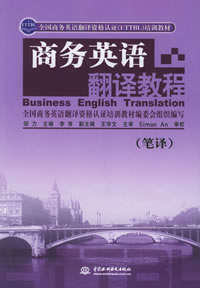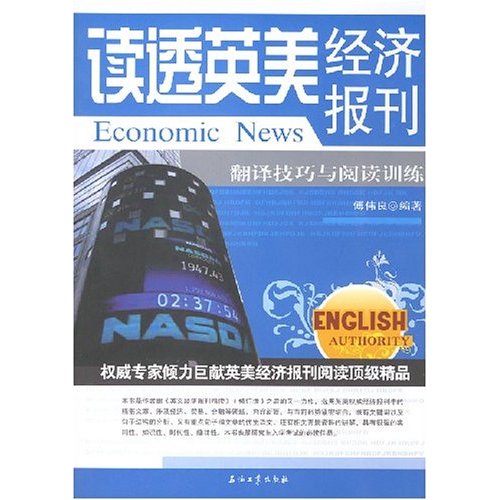专业术语翻译的综合方法:第一部分 An Integrated Approach to the Translation of Special Terms (I)
作者:古龙 2009-07-04




语际翻译公司 转载请注明https://www.scientrans.com
∗本栏目部分文章内容来自互联网,部分已经过本站编辑和整理,如有版权事宜请联系Email/MSN jesczhao@hotmail.com
ncept, and if it has no name, how to name it?" (Roudeau, 1985: 19). By contrast, "the latter pin down the meaning(s) of the linguistic form after they distinguish a linguistic form"(Roudeau, 1985: 19). Thus, terminologists work "on the basic terminological principle of concept prioritizing name"(Roudeau, 1985: 19). See Figure 1 in the following:
Figure 1 The formation of terms and general words
Second, terms demand the singularity of meaning and the unique reference of the referent. Ordinary words are often polysemous, and many words often have the same meaning, which shows the richness of linguistic expressions. In contrast, for a term, nomenclature and concept are uniquely matched. Although "there are cases when one term has many meanings or many terms actually refer to one concept, terminologists always try their best to avoid or even erase such phenomena instead of letting them grow uncontrollable as in the case of ordinary words"(Huang & Chen, 2001: 158)
Such knowledge provides some methodological hints for translators. First, they can search sources from the same discipline in the target language (TL) for the equivalent term, which is the preferred translation strategy in translating the source language (SL) term with the same concept of the TL term. In many cases, however, translators cannot find the equivalent term in the TL due to the differences between SL and TL disciplinary traditions and development. At this time, they should consider various aspects concerning the translation of the term. Only based on their thorough understanding of the concept of the SL term can they choose the appropriate expression in the TL, or even coin a new TL term corresponding to the concept of the SL term instead of being content with achieving a word-for-word correspondence. Furthermore, the translated term should look like a term itself, that is, conforming to the reading and cognitive habits of the TL readers so that they will accept it as a term with a unique referent.
b) The application of terminological knowledge in translation
For a translator, the first task in translating a Chinese term into other languages is the attainment of an accurate understanding of the term in its context and identification of its referent. Only then can the translator begin to search for an accepted term in the TL. This requires that the translator know the referent of the similar equivalent terms in the TL, including their intention and extension, and then decide which one can be used as an equivalent term for the SL term. If there is a discrepancy, the translator should carry out research and choose the most suitable from several possible translations. Here, we take the English translation of lüse shipin as an example to see how terminological knowledge can be used to understand the term in translation, that is, the first step of the integrated approach.
Nicky Harman (2005), lecturer of Imperial College, London University, translates lüse shipin into Chinese as "organic food." She argues:
(Our own translation is as follows:)
The requirements for the use of fertilizers in the production of lüse shipin are:
1. protect and promote the growth of crops and their quality;
2. not produce or accumulate harmful material in crops so as not to affect human beings' health;
3. have no adverse influence on the ecological system. In the production of either Standard A or Standard AA, lüse shipin, farmers and growers should mainly use organic fertilizers, biological fertilizers and inorganic mineral fertilizers, all of which should have gone through treatment in advance to make them harmless, and use bacterial manure, humic fertilizers and amino acid leafy fertilizers as a supplement.
https://www.defra.gov.uk/farm/organic/introduction/
...... What is the definition of organic farming?
The Compendium of UK Organic Standards as described in the above link define organic farming as:
"Organic production systems are designed to produce optimum quantities of food of high nutritional quality by using manage
- 评论
- seme:文章内容文章内容文章内容文章内容文章内容文章内容文章内容文章内容文章内容 章内容文章内容文章内容文章内容文章内容
- seme:文章内容文章内容文章内容文章内容文章内容文章内容文章内容文章内容文章内容 章内容文章内容文章内容文章内容文章内容

- 科技术语翻译技巧
2009-6-6 23:59:54 - 随着社会的进步和科技的发展,新的发明创造不断涌现,随之也就出现了描述这些事物的新术语。在科技英语翻译中,我们常常碰到如何把这类术语译成适当的汉语的问题。通常,有以下约定俗成的...
- 专业术语翻译的综合方法:第二部分 An In…
2009-6-10 12:49:34 - If a producer wishes to have his products certified as organic food, they must conform t...
期刊征稿
- 第四届IEEE生物信息与生…
2009-6-30 19:42:01 - 基本信息 主办单位: 四川大学,IEEE生物医学工程协会(EMBS) 承办单位 开始日期 2010/06/18 结束日期 截稿日期 2009/1...
- 第九届全国光电技术学术…
2009-6-30 19:35:58 - 基本信息主办单位: 中国宇航学会光电技术专业委员会承办单位 开始日期 2009/11/01结束日期 截稿日期 2009...
















